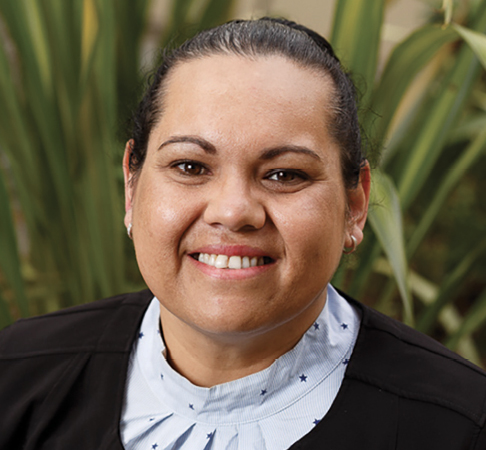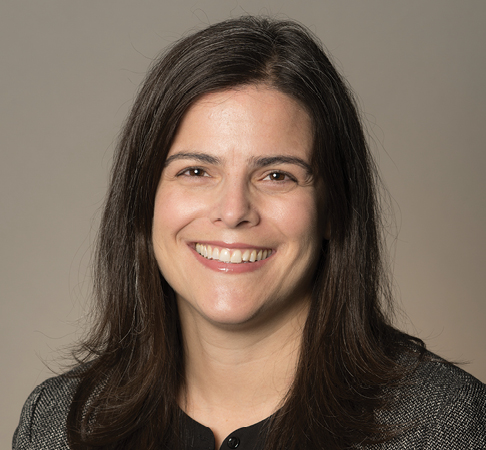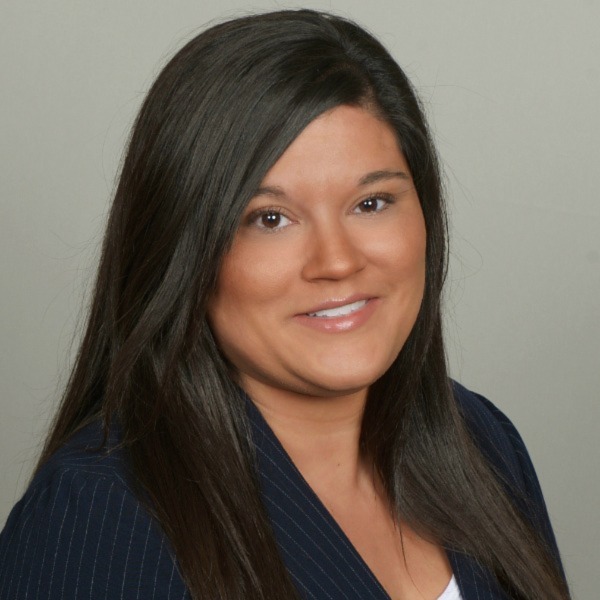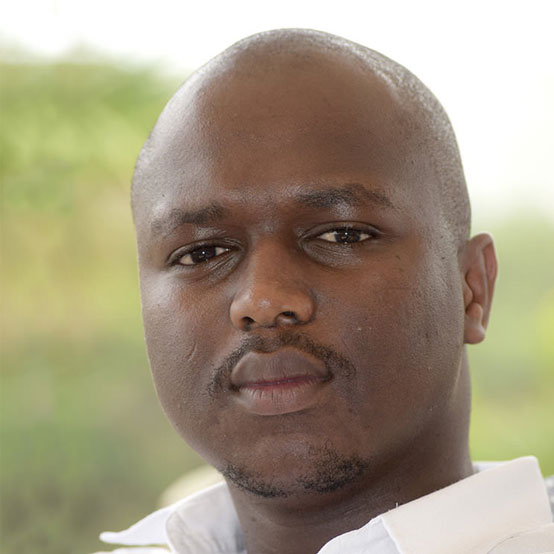Photo credit: Hineani Roberts
From April 25-29th 2023, Fellows from Atlantic programs across the globe came together in the new AFSE hub at the University of Melbourne to learn more about Indigenous-led approaches to health equity. The convening provided a unique opportunity to learn about Indigenous healthcare practice, governance, and delivery here in Australia, Aotearoa and the Pacific. Many of the participants said they had little awareness of the health inequalities faced by Indigenous peoples.
“Colonisation not only brought illness to Indigenous peoples but also excluded us from accessing health systems. Health equity is understood both as a concept of fairness, justice, and rights…. and also, as a concept of the right to make decisions for ourselves, draw on our own language, knowledge, and culture to make choices about our own health.
Under an equity-focused health system, the imminent threat posed by health inequity should heighten the urgency of action.” said Professor Linda Tuhiwai Smith, framing the New Zealand Indigenous context in an introduction session with Fellows.
During the gathering, 27 Atlantic Fellows had the opportunity to connect with and hear from Indigenous activists, community leaders, health practitioners, researchers, and to improve their understanding of Indigenous health inequities across different communities.
Dr. Keawe Kaholokula, Professor and Chair of Native Hawaiian Health in the John A. Burns School of Medicine at the University of Hawai’i, spoke on integrating cultural-based principles and practices learned from co-producing a cultural health intervention for Indigenous Pacific Peoples.
“Solutions are not about taking health interventions introduced by another culture, but about implementing our own Indigenous principles and knowledges and establishing long-term, intergenerational commitment that leverages communities’ cultural strengths and relevance.”
Michelle Steele, Atlantic Fellow for Social Equity and Chief First Nations Officer at the Paul Ramsay Foundation, emphasised the role of self-determination in changing Indigenous experiences of healthcare, “We need to come back to the cultural determinants of health: connection to language, community, and land… we need to incorporate traditional healers with Western global medicine. Self-determination is key,”
Participants heard Elders and keynote speakers at the leading edge of Indigenous health policy and practice, and engaged in cultural activities that provided historical, systemic, economic, political, and social context to the convening. Fellows spent time on Wurundjeri Country with Traditional Owner Uncle Bill Nicholson and visited the Oonah Health and Community Services Aboriginal Corporation.
Cultural strength and self-determination are key to reducing health inequality in Aboriginal and Torres Strait Islander communities, who have adapted, thrived, and survived for at least 2000 generations, but since colonisation, have been impacted by intergenerational cycles of trauma.
“The suppression of Indigenous knowledges, and the things that we know have kept us strong, healthy, and connected, is a major contributor to poor health. We need to recenter Indigenous knowledges,” said Professor Catherine Chamberlain, Director of Onemda Aboriginal and Torres Strait Islander Health and Wellbeing.
Examining parallels between Indigenous peoples and others who are over-represented in poor health outcomes, Bulela Vava, Atlantic Fellow for Health Equity in South Africa, said
“The Indigenous health struggle is a global struggle. It is a struggle for land rights, self-determination, and the return to a thriving sense of health and well-being. Violence and the competing interests of capital seek to undermine this
One of my biggest takeaways is that there is such a need for convenings like this – bringing people together from across the globe. A significant majority of us share a similar colonial history and I envision that we move from this towards preserving Indigenous voice, languages and culture - beyond tokenism for Indigenous participation and of ways of doing things.
In my backpack going home is the very important message that Indigenous voices matter, the Indigenous voice is not just to be included, but one to premise and lead the ways in which we do things and do them better.”
“It’s very rare that people come together from different parts of the world in a non-colonial conference setting, hearing lived experience and sharing who we are, not just our work or jobs, but meaningfully being an ally in different ways, I appreciate these ways of learning from different perspectives and other experiences. We are all going to leave here transformed,” said Azeeza Rangunwala, Atlantic Fellow for Health Equity in South Africa
During the last days of the convening, participants mapped together a course of action at multiple levels: local, regional, and global to shifting the landscapes of health inequality.
Atlantic Fellows for Social Equity Executive Director, Professor Elizabeth McKinley reflected:
“It was wonderful to see Fellows open their hearts to learning alongside Traditional Owners and Elders, absorbed in local knowledge while connecting with cultural practices from their own communities. The gathering was a great success giving Fellows space to learn and engage in critical analysis. By the end of the convening, Fellows began to think about the actions and potential solutions that could be built together.”
“How can we create more collective activism together? One issue that I see is that many of us Indigenous people are still advocating for representation in local governments, I have been isolated within Indigenous communities in the United States, but connecting with Indigenous people here in Australia has given me strength and inspiration to join our voices together and unite in a global Indigenous voice,” said Brandi Payton, Atlantic Fellow for Health Equity US + Global.
“I feel so inspired and uplifted by all the people who came together, the sharing of ideas, understanding what different challenges around the world exist and the different strengths that we share and that we can build on. This work can be lonely and isolating, and so coming together like this is a reminder that with numbers comes power, and we have the power to take big steps forward and to support this movement towards health equity for Indigenous populations around the world,” said Sara Selig Atlantic Fellow for Health Equity US + Global.
By Hineani Roberts, Communications Lead at Atlantic Fellows for Social Equity
This article first appeared on the Atlantic Fellows for Social Equity's website.


.avif)







.png)
